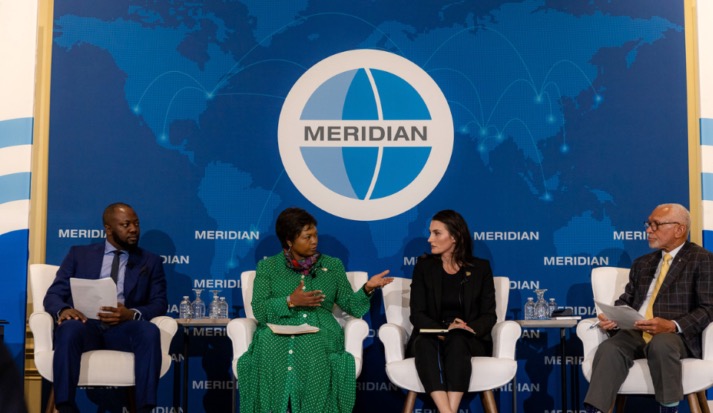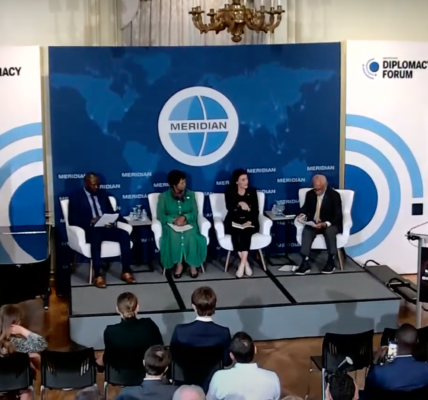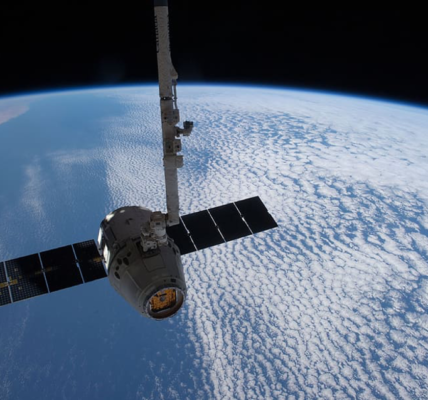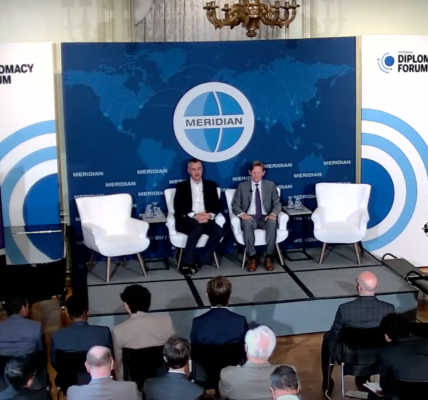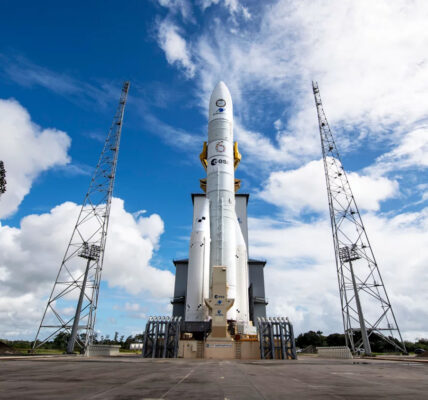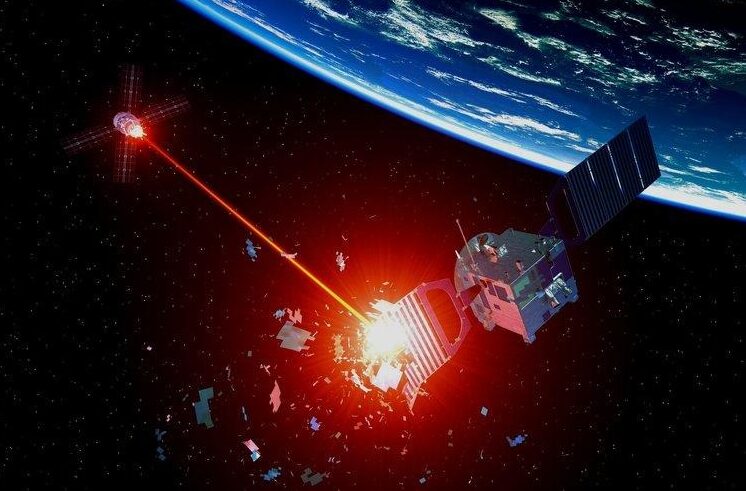
It is important that the major space nations understand the incredible threat of using kinetic weapons in space, says Major-General Charles Bolden, a former astronaut and NASA Administrator. Speaking to National Security News at the Meridian Space Diplomacy Forum in Washington, Gen. Bolden said because of this threat, there has to be norms of behaviour in space for exploration.
“We have all, including the United States, tested anti-satellite weaponry,” he remarked. “We learned very quickly that it’s not a good thing because where you hit an object with a kinetic weapon, debris is generated in that orbit and below for months, if not years to come.”
Gen. Bolden called for norms of behaviour in space; saying that without rules, space exploration cannot be successful. “There is tons of room for collaboration and cooperation in space,” according to the former astronaut who flew four of the Space Shuttle missions.
He says collaboration on the International Space Station (ISS) is a good example of how space diplomacy can resolve conflicts or misunderstandings. The United States is one of five partners on the ISS, and Russia, he said, is a major partner.
“People should know that probably the only reason that we are able to communicate with the Russians today is because of the collaborative relationship that we have on the International Space Station.”
Spacefaring nations, Gen. Bolden says, have demonstrated for more than 30 years of the ISS that space “presents an opportunity for people who may not agree on anything to actually come together and to find ways to compromise to get a particular task done.”
Gen. Bolden also highlighted the SERVIR Earth science programme, which involves collaboration among nine nations, including Afghanistan, Bhutan, China, and the United States. “We all work together effectively because our focus is on preserving the planet,” he noted.
He stressed the necessity of incorporating diverse ideas from around the globe to enhance space exploration efforts. “Space exploration is hard, expensive, and requires harnessing as many ideas as possible,” Gen. Bolden explained. “That’s the reason you see the U .S. trying to get as many nations as possible to sign the Artemis Accords.”
There are now 43 countries who have signed the Artemis Accords, a set of principles to government the civil exploration and use of outer space, which was established by NASA and seven other nations in 2020. One of the key principles of the Accords is to affirm the importance of countries complying with the 1967 Outer Space Treaty. Nations who sign the Artemis Accords are also participating and enabling collaboration with commercial and international partners to establish the first long-term human presence on the moon.
Gen. Bolden believed that differences could be resolved by means of diplomacy. Nations of the world should understand that “no matter what your basic government framework is, or what you believe to be successful in exploration, there has to be norms of behaviour.”
“You can’t have people, or one nation going off doing one crazy thing,” he said. “Otherwise, we won’t survive it.”
He pointed out that wars seldom result in decisive victories, and often it is through diplomacy that nations find a path to recovery post-conflict. “Looking back at the World Wars, we see that once hostilities end, there are agreements made to restore normalcy, as was the case with our treaties with Japan and Germany.”
Gen. Bolden was honoured with the Meridian Global Leadership Award for space diplomacy. He shared this recognition with Michael Suffredini, then CEO of Axiom Space, and his former programme manager on the ISS.
“He and I both worked very hard to try to bring more and more countries into the ISS to give more and more countries an opportunity, whether they were member nations, because there were only five signatories to the treaty that established the International Space Station,” Gen. Bolden remarked.
Gen. Bolden said he was in favour of opening the opportunity of going into space to more nations.
“I am hopeful that through Orion and through the commercial space sector, we’ll be able to fly more and more and more people. You don’t have to go to the moon.
“All you need to do is just leave the surface of Earth and get high enough so you can look back and you will be changed. Your perspective will change,” he said.

